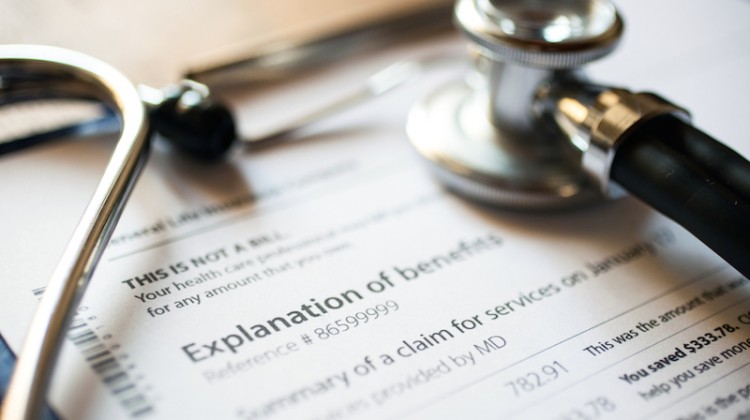By Rahwa Yehdego, Policy Research Associate, Georgia Watch
Surprise billing, also called balance billing, can add hundreds or thousands of dollars to a person’s medical bill, often without their prior knowledge. With 70% of Georgians reporting struggles with healthcare costs, providers and hospitals must be transparent and fair in the billing process. Recognizing this need, Georgia Watch, Georgians for a Healthy Future, lawmakers, and other advocates worked tirelessly to pass surprise medical bill legislation to protect Georgians from unfair bills. As a result, the Georgia Surprise Billing Consumer Protection Act was signed into law on July 16, 2020, and went into effect on January 1, 2021. The federal No Surprises Act, which offers similar protections, was passed by Congress in 2020 and went into effect in 2022. Both laws aim to stop unexpected billing of patients who have unknowingly received out-of-network care from healthcare providers.
What is a surprise medical bill?
A surprise medical bill occurs when an insured patient is charged after unknowingly receiving care from an out-of-network provider. This can happen to patients visiting the emergency room or at a planned doctor’s visit, even if the person is at an in-network hospital or other facility. A patient only discovers that the provider or treatment is out-of-network when they receive the bill. Many of these bills result from emergency or specialty services such as trauma surgery, anesthesiology, and radiology. These kinds of services are regularly completed by out-of-network specialists who work at hospitals or facilities that are considered in-network under the person’s insurance. These unexpected costs can leave patients with significant medical debt through no fault of their own.
What protections does the federal No Surprises Act offer?
The federal No Surprises Act prohibits surprise billing for emergency and non-emergency care offered by out-of-network providers that work at in-network hospitals. Additional protections offered by the No Surprises Act include:
- Good faith estimates for uninsured individuals to understand what charges they can expect for medical goods and services.
- Disclosure of federal and state patient protections against surprise billing by healthcare facilities and providers.
- Independent dispute resolution (IDR) and patient-provider resolution processes concerning violations of the protections against surprise billing and out-of-network cost sharing.
The No Surprises Act protects almost all Georgians who work at companies with more than 50 employees and who get their health insurance through that company.
How does the Surprise Billing Consumer Protection Act protect Georgia consumers?
The Surprise Billing Consumer Protection Act made Georgia the 16th state to protect consumers against surprise medical bills. An estimated 2.5 million Georgians are protected by the state’s law, including those who work at smaller companies; state employees covered by the state health benefit plan; and Georgians who purchase their own health coverage on the ACA marketplace.
Georgia’s law provided many of the protections offered with the federal No Surprises Act before it was passed and goes even further. It covers imaging and birthing centers and other related facilities outside of the scope of the federal protections. To learn more about how this law affects Georgians, check out the Surprise Billing Law Factsheet from Georgia Watch and Georgians for a Healthy Future.
What should you do if you receive a surprise bill?
People with health insurance are not responsible for surprise bills. You are only responsible for paying your share of the cost (i.e., copayments, coinsurance, and deductibles that you would pay if the provider or facility was in-network). Your health plan will pay out-of-network providers and facilities directly. Providers are responsible for requesting your health insurance information and then informing you if they are out-of-network. They then must request a signed authorization document in order to provide their services and the higher costs that will likely come with this option.
People without health insurance should receive a good faith estimate of costs prior to a scheduled appointment as of January 1, 2022. If the bill you receive is more than $400 over the good faith estimate you were provided, you have 120 calendar days to use the new dispute resolution process to determine the final payment amount. This process uses a third-party arbitrator to review the good faith estimate, the final bill, and any other information submitted by your provider or facility. Learn more about resolving billing disputes here.
Consumers often need help to understand their medical bills and know their rights. If you or anyone you know has been affected by a surprise medical bill, or would like to know how to lessen and manage medical debt, please see the Georgia Watch Consumer Guide to Medical Bills and Debt.

